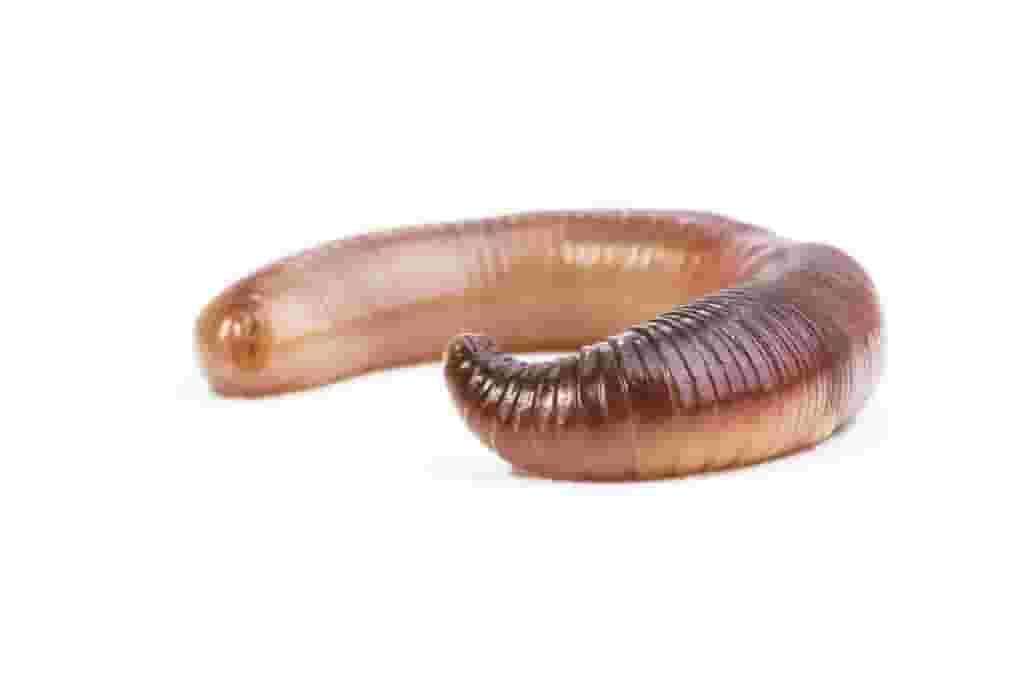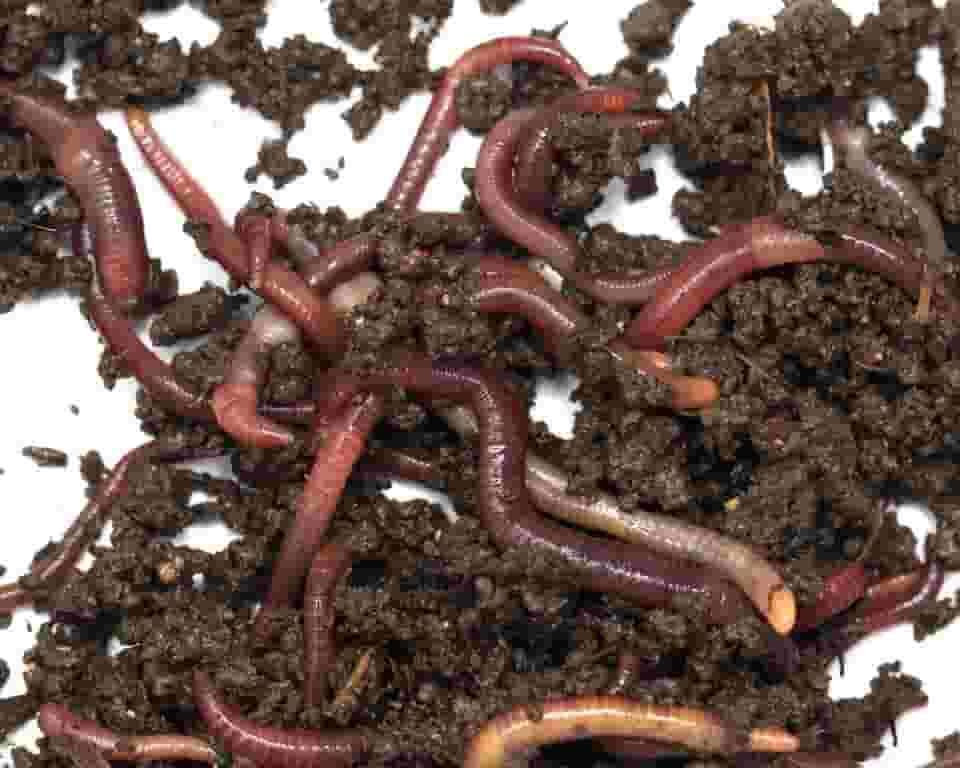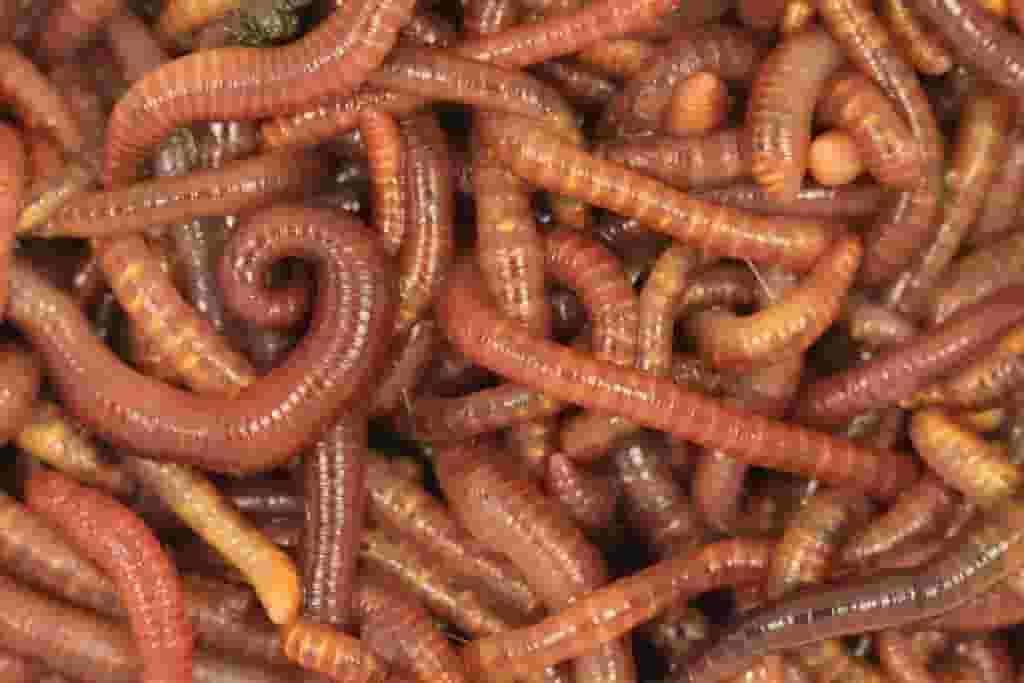Worm Farms
When one refers to worm farming it means raising worms as a business and for profit. Worm farming is better known as vermiculture. Worm farming is derisible because of the known benefits as high quality compost.
Earthworm farming

The first thing that you need to know about earthworm farming is that there are many different kinds of earthworms. There are two main categories of earthworms, namely - earthmover and the worm composter. Earthmovers move soil through themselves by extracting key nutrients from the soil. What’s interesting about earthmovers is that they usually act more solitary and are therefore rarely ever found in large numbers in the same area in the soil. Comparatively, composting worms work as a group to breakdown organic matter into worm castings and vermicomposting. While these terms are often used interchangeably, they are slightly different – a worm casting is worm manure and vermicomposting is the term to refer to the entire process of composting. Vermicompost is compost that uses worms to turn organic waste to fertilizer.

There are two main methods in large-scale vermicomposting. The first system is the use of a windrow - which is the usage of bedding for earthworms which is usually comprised of a large bin that allows organic materials to be added inside the bin. The second type of system is a raised bed or flow-through system. The flow-through systems are often useful for indoor facilities.

However, for the purposes of earthworm farming, one of the only types of earthworms that can produce in high numbers are Red wigglers. Red wigglers are considered the best compost worms – because they can live in close, high populated areas and don’t burrow. These worms are profitable because they can eat about half of their weight in food per day. Red worms are predominantly used in worm farming, not earthworms or night crawlers. Red worms or red wigglers also reproduce often which helps sustain production. A worm farmer knows that reproduction is taking place when small oval shaped balls are in the bedding. These ball shaped ovals will likely contain several baby worms and will take a couple of weeks to hatch – which will look like white worms. It’s usually recommended to add egg shells to provide calcium for the worms which are needed in order for the worms to reproduce. The red worm population will adjust given the size of the environment that is provided.
Worm Farming Food
In large-scale or commercial worm farming operations, large sources of food are required. Some of the food sources include:
- • Livestock manure
- • Sewage sludge
- • Food processing/grocery waste
- • Grass clippings
It’s worth noting that food sources vary when looking at small to large scale systems. The list above only reflects the large-scale system food diet and doesn’t highlight some of the food sources for small-scale or home worm farming systems.
Worm Farming Tips
- • Make sure to add bedding, garden soil and crushed egg shells to the bin
- • Make sure there is enough moisture in the bin – but not too much otherwise it will drown the worms
- • Make sure that worms get enough oxygen
- • Don’t over feed the worms, otherwise it could lead to odor problems
- • Make sure to harvest the worm castings
- • Make sure that the environment isn’t excessive for cold or heat – moderate temperatures are best
- • Make sure that the bedding is always moist – not dry
- • Keep the worm bin away from the sun
- • Try and keep the bin away from vibrations
Worm Farming Supplies
Worm farming supplies are simple and inexpensive. Some basic supplies for worm farming include:
- • Compost pile turner
- • Beddings
- • Worm bins
- • Worm feed
- • Compost tumblers
- • Moist soil
Worm Picking
Something related to worm farming or vermicomposting is the economics of worm picking. The worm picking industry highlights the profitability of worms. Worm pickers usually pay farmers so much per acre to go and pick worms in fields at night. Worm pickers will pack the collected worms into containers for shipment to sell. Worms are very profitable and are often sold by the pound.